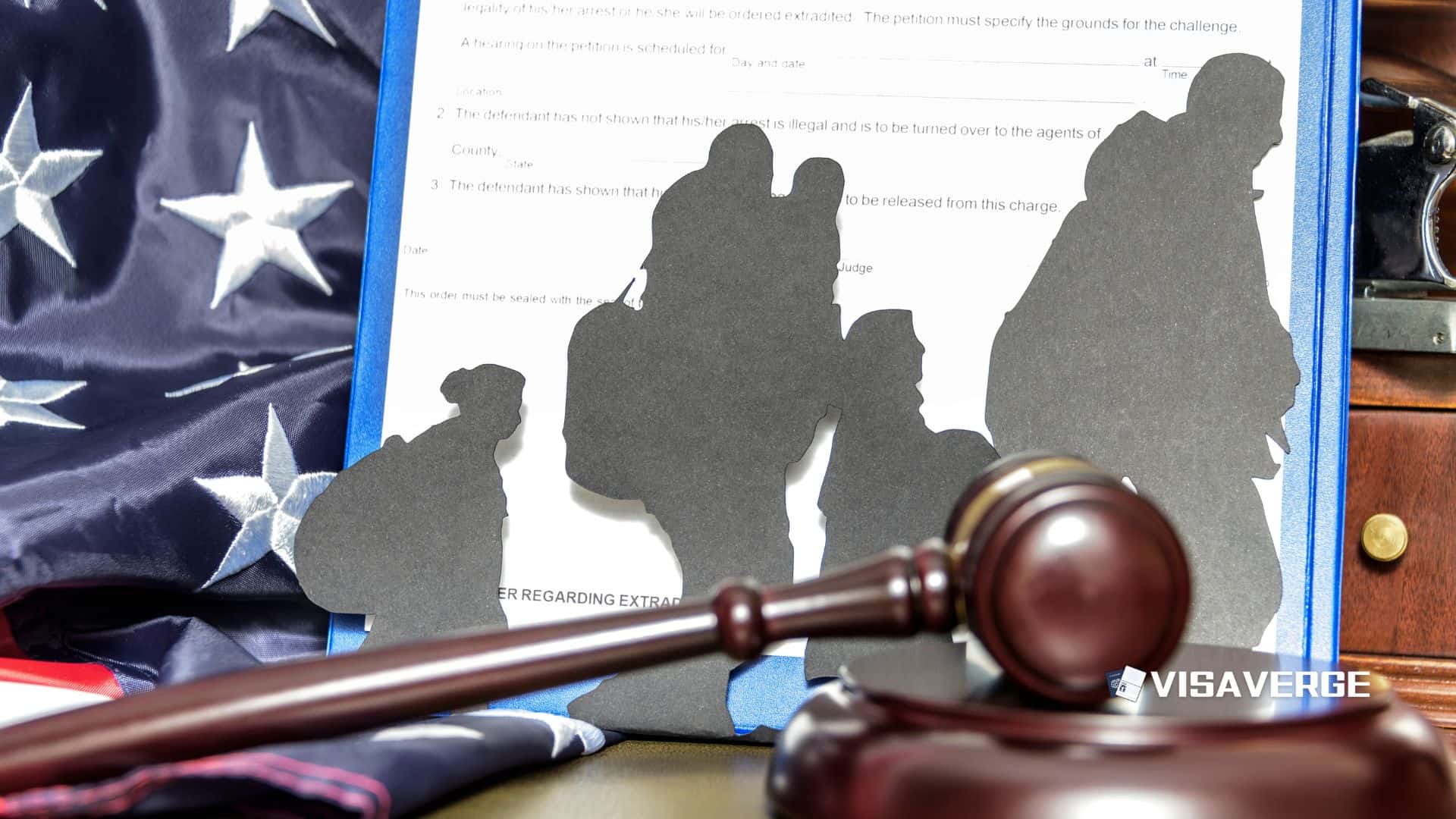With a possible federal government shutdown looming as of October 1, 2025, immigrants with upcoming green card interviews are asking whether they should still show up. The short answer: most USCIS operations — including scheduled I-485 interviews — are expected to continue.
Because U.S. Citizenship and Immigration Services is funded mainly by application fees rather than direct congressional appropriations, its core work generally continues even when other parts of the government pause. That means processing of Form I-485 applications for adjustment of status and the related interviews should go forward during a government shutdown.

Why USCIS is likely to keep operating
USCIS has long operated on a fee-funded model, which shields day-to-day casework from funding lapses. In practical terms, people with interview notices for green card, citizenship, or asylum cases should plan to attend on the date and time listed.
Officials may make small scheduling adjustments if staffing needs shift, but the expectation is continuity. Analysis by VisaVerge.com shows this approach has held in past shutdown scenarios, and the current situation points in the same direction.
Important caveat: some steps in an I-485 case connect to other agencies. Background checks, for example, may involve the FBI. If partner agencies slow or pause certain functions, minor delays may ripple into case timelines.
USCIS is not closing its doors, but some checks that sit outside its direct control could take longer. That does not mean your interview will be canceled — only that a small percentage of cases could see timing shifts as agencies coordinate during the funding gap.
What USCIS says about cancellations and notices
USCIS emphasizes that if your interview is canceled for any reason tied to a shutdown or local logistics, you should receive an official notice. Applicants should monitor:
- Their USCIS online account
If you receive no message, act as if the appointment is on. The agency also encourages people to keep preparing and attend as scheduled unless told otherwise.
USCIS operations expected during a shutdown
- Fee funding keeps USCIS open: Because application fees support the agency, USCIS operations such as intake, adjudications, and in-person services generally proceed during a government shutdown. That includes processing of Form I-485 and conducting I-485 interviews.
- Interviews usually proceed: Adjustment of status, naturalization, and asylum interviews are normally held as planned. Local offices may see minor delays if personnel are reassigned or if a facility faces logistical constraints.
- Outside-agency steps may slow: Certain background checks that involve other federal partners, like the FBI, could move more slowly. This may affect a small subset of cases, but it does not change USCIS’s overall posture to continue scheduled work.
Applicants with questions can check the official USCIS website for updates and general guidance. The agency’s customer service line at 1-800-375-5283 remains the primary contact point for case-specific questions. For authoritative information, visit the USCIS homepage at USCIS.gov.
What applicants should do now
Even with the budget standoff in Washington, the practical steps for applicants are straightforward:
- Plan to attend your I-485 interview on the date and time listed in your notice. Unless you get a cancellation or rescheduling notice directly from USCIS, assume it’s on.
- Watch for official notices: Keep an eye on your email, mail, and USCIS online account. If a field office needs to reschedule, USCIS will issue a notice.
- Expect normal operations with possible small delays: Most services remain available, but certain checks handled by outside agencies may slow. Build in a little patience if your case touches those steps.
- Rely on official sources: For updates tied to a shutdown, use the USCIS website and the customer service line. Avoid acting on rumors or unofficial social media posts.
Additional context and resources
For those in the middle of the green card process, much of the anxiety comes from the uncertainty of a government shutdown. But a fee-funded immigration service means your case continues to move.
If you’ve filed Form I-485 to adjust status, the interview is a major milestone — it’s where an officer confirms your eligibility and reviews your file. While the agency is not issuing new, shutdown-specific rules here, the stated practice is consistent: keep your appointment unless told otherwise.
Applicants can review the official Form I-485 page for background on the application itself and interview expectations. The form’s resource page, instructions, and eligibility details are available on the USCIS website: Form I-485. This is the central resource for the adjustment of status process and remains online regardless of funding debates in Congress.
Key takeaways
- The possible government shutdown is unlikely to change the basic plan for I-485 interviews.
- Most field offices will hold appointments as scheduled, and most applicants will see normal service.
- A small subset may encounter slight delays tied to background checks outside USCIS’s direct control.
- USCIS will notify you if anything changes — watch your messages and online account.
- Keep preparing for your interview and use official sources for updates.
If you need immediate, case-specific help, call 1-800-375-5283. For general policy and agency updates, visit USCIS.gov.
Frequently Asked Questions
This Article in a Nutshell
As a potential federal government shutdown approaches on October 1, 2025, USCIS is expected to maintain most operations because it is primarily fee-funded. That means scheduled I-485 interviews, naturalization, and asylum appointments will generally proceed. Applicants should attend interviews unless they receive official cancellation or rescheduling notices via email, mail, or their USCIS online account. However, certain processes that depend on other federal partners—such as FBI background checks—may slow, causing minor delays in a small subset of cases. For authoritative updates, applicants should monitor USCIS.gov and call 1-800-375-5283 for case-specific inquiries.













